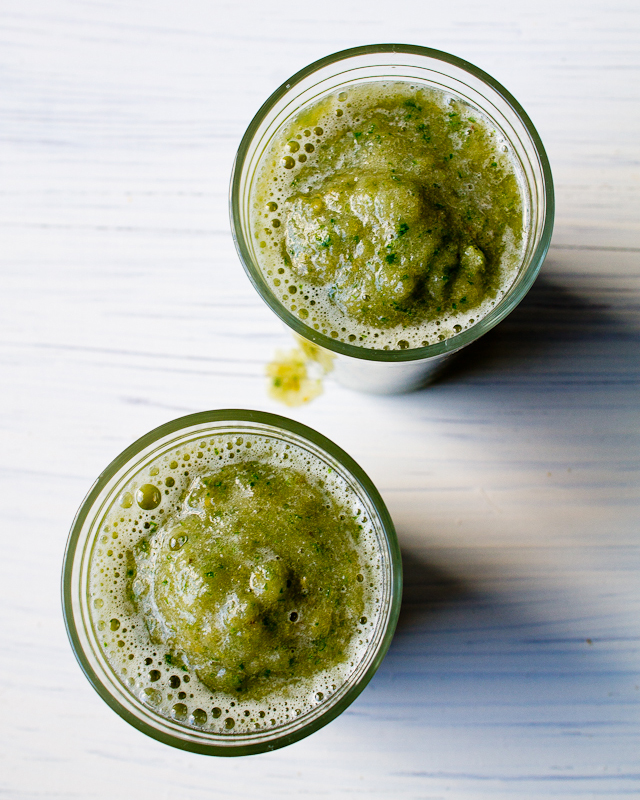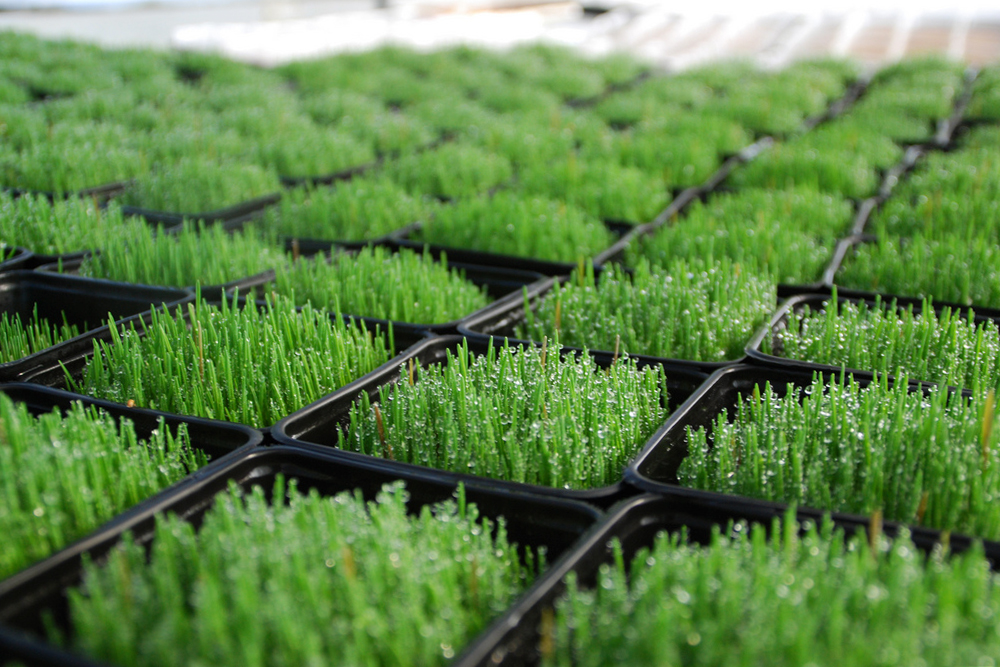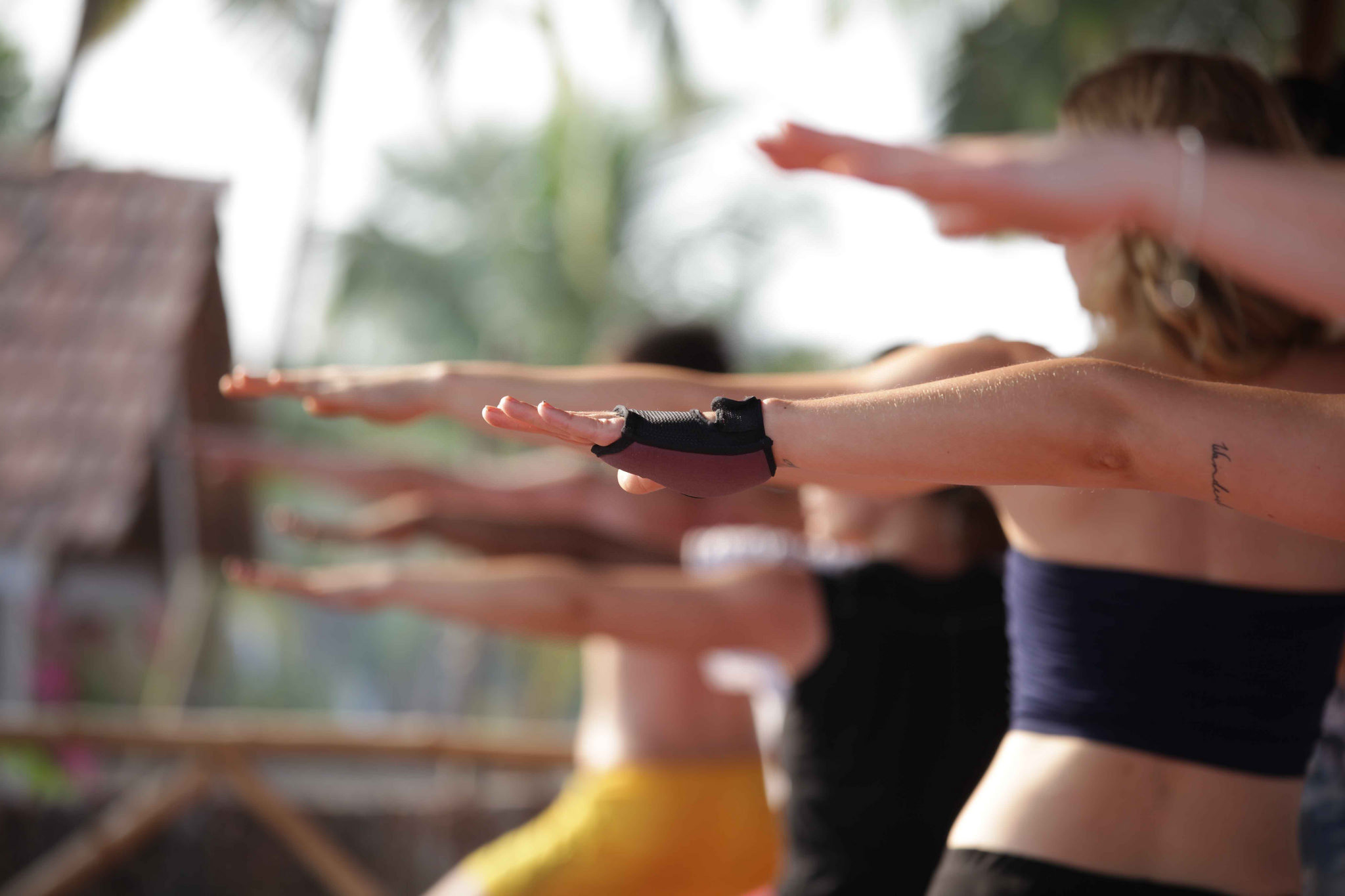Why Everyone is Misusing the Word “Detox”
In the course of the last half-decade “Adrenal Fatigue” and “Autoimmune Disorder” have become household terms for diseases few people understand but everyone seems to fear.
From gluten intolerance (real or imagined) to chronic pain and a litany of other newly-named diseases, today’s wellness-minded consumers are constantly looking for ways to ward off (or diagnose) problems that they may or may not have. Whether doctors like it or not, “detox” is a word that has become synonymous with health, healing, and aspirational living– in part due to the products that have been marketed to this audience.
However, the term “detox” itself is not without problems.
Laure Seguin, a French aesthetician and lymphatic drainage expert based in New York City, points out that “the only way to truly ‘detox’ is through the lymphatic system. There is no other way.”
Seguin subscribes to Dr. Vodder’s Manual Lymph Drainage (MLD) protocol, which is a unique method of manual lymphatic drainage used by aestheticians, spa therapists, and aromatherapists to support the vigor of the lymphatic system. Developed in France in the 1930s, the goal of MLD is to enhance fluid movement in the skin with gentle, rhythmic massage movements that follow the direction of lymph flow throughout the body. (It’s basically a very light rhythmic massage around key lymph centers, beginning with the stomach and face– the stomach is the only area where real manipulation and pressure is applied.)
There are a number of products and practices that claim to “detox” the body and improve health, but given the era of psuedo-science and fake news that we currently live in, most people don’t realize that “detoxing” is an impossible goal.
According to research outlined in Women’s Health, not only is charcoal ineffective at “detoxing” the body, but drinking it can also be dangerous. Moreover, no foods or supplements– not even a green juice!– can single-handedly “detox” the body. You need to have a systemic-wide tune up (something like lymphatic drainage, or the immune boost that comes after sickness) to physically “detox” the body, because detoxing is a recurrent metabolic action carried out by the liver. The body is very efficient in that it is constantly detoxing itself through circulation, sweating, and excretion, but there are few things that one can actively do to “jump start” that process other than eating well, exercising, and sleeping well. Maintaining overall health, moreover, is the best way to “detox,” but that word itself implies more agency and immediacy than it ought to.
“If you’re looking for a magic cure-all but you’re unwilling to change your diet or exercise, you won’t find salvation in herbal supplements. Maintaining good health is a process of balance– everything is connected and there are no magic cures.”
In a recent piece for New York Magazine’s The Cut, Amy Larocca writes an excellent, incisive piece about what she calls “The Wellness Epidemic”— an assessment that privileged people are feeling sicker than ever due to the marketing of “wellness” and the illnesses that are often associated with it. Words like “detox” and “inflammation” have become buzzwords even as the public’s perception of what those words really mean has become even more tenuous. In her piece Larocca quotes Timothy Caulfield, a Health and Law expert at the University of Alberta who is an open critic of the idea that one can detoxify one’s body. “It’s completely ridiculous from a scientific perspective on every level… The idea that we need to detoxify our bodies — we have organs that do it …” he writes. “There’s no evidence that we have these evil toxins in our cells that are making us put on weight, that give us fatigue. But it plays to our intuition in a very powerful way.”
A few weeks ago Gwyneth Paltrow’s Goop Summit was harangued after “exasperated attendees” who paid over $500 to attend were met with pseudo-science and other tenuous claims about the benefits of health treatments that have no peer review for efficacy or safety. “For those willing to spend so much on so little,” wrote one critic, “Paltrow will happily take your money.”
Moon Juice Founder and healthy eating guru Amanda Chantel Bacon has also come under fire in recent years for much the same reason. The New York Times Magazine has called her a “lifestyle guru who sells self-absorption as the ultimate luxury product” while YouTube videos mocking her dietary habits were circulated far and wide after Bacon published her ignominious daily food diary in Elle magazine’s May 2015 issue.
The primary reason Bacon has become so lampooned is because of the inherent classism that comes bundled into her unverified “health advice” (the same ethos of “clean eating” and detox culture that Gwyneth Paltrow and health-conscious celebs like Jessica Alba publicly espouse). The products she endorses are ridiculously expensive (a 2.2-ounce jar of Moon Juice’s “Brain Dust” costs $55; the Full Moon Pantry Collection includes 19 items that cost $495 before shipping, and there is no third-party verification of the efficacy or potency of any of these herbs).
“There are wonderful, effective treatments out there for people who are informed and seeking alternative remedies under the guidance of an experienced health professional, but in the absence of such oversight, consumers are just as vulnerable to the marketing of wellness trends as they are to fashion trends.”
Still, people buy them. Part of this has to do with what Molly Young refers to as “packaging that signals discreet luxury,” aka a “minimalist matte label, custom type, [and] the word ‘organic.’” The same aesthetics that have made Glossier a success among millennials despite the fact that the products are not as “natural” as they seem has dangerous implications for people who seek herbal remedies for serious health conditions based on the “vibe” they give off, rather than the actual scientific research behind them. Stores like Credo Beauty, Naturopathica, and The Alchemist’s Kitchen have taken off because of their clean (if expensive) stock of New Age personal care products, but the in-house herbalists at The Alchemist Kitchen will be the first to tell you that there are no one-size-fits-all treatments for people seeking help for acute conditions. There are wonderful, effective treatments out there for people who are informed and seeking alternative remedies under the guidance of an experienced health professional, but in the absence of such oversight, consumers are just as vulnerable to the marketing of wellness trends as they are to fashion trends, which are often aimed at boosting conspicuous consumption.
So, where does this leave us?
First of all, the proof is in the results: if you try an herb and your symptoms don’t clear after an appropriately lengthy trial period, chances are it doesn’t work for you. Move on. Everyone’s body is different, and you should seek the guidance of an experienced clinician (either a doctor or herbalist) before buying new products about which you are not informed.
Next, it’s important to note that just because something works for your friends doesn’t mean it will work for you. Whether traditional or alternative, not all medicine is metabolized the same in every body; some people get pain relief from one tablet of Advil while other people need six to get the same results.
Finally, if you’re looking for a magic cure-all but you’re unwilling to change your diet or exercise, you won’t find salvation in herbal supplements. Maintaining good health is a process of balance– everything is connected and there are no magic cures. Eating greens, drinking water, limiting stress, surrounding yourself with people who love you, and getting plenty of sleep are among the few proven measures that really do improve health and boost longevity in the long run– you just have to be committed enough to take them seriously.





































